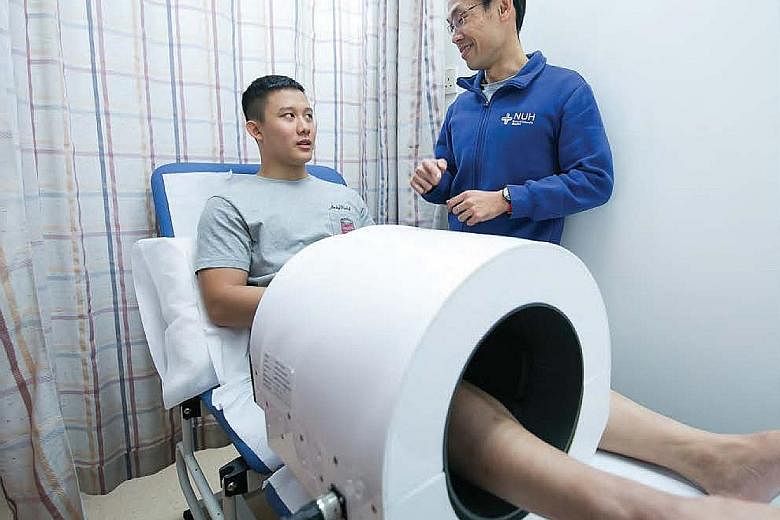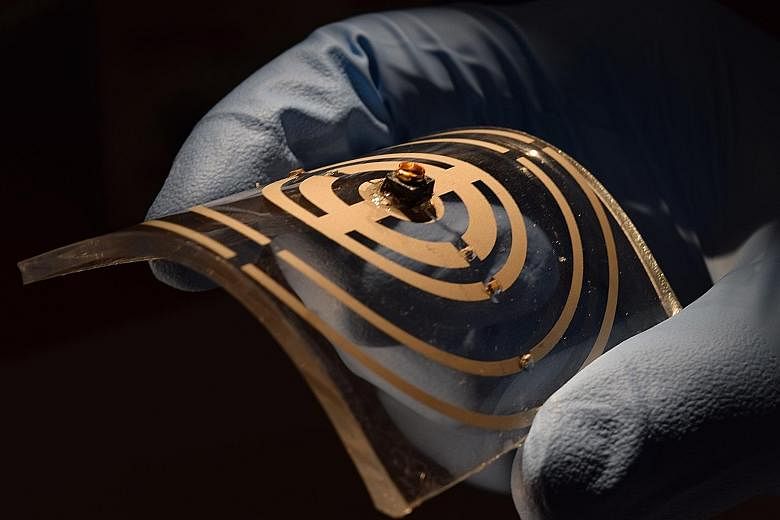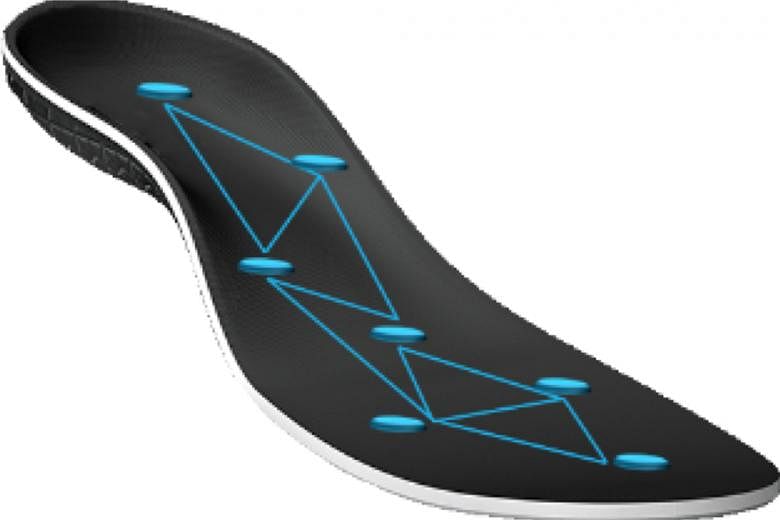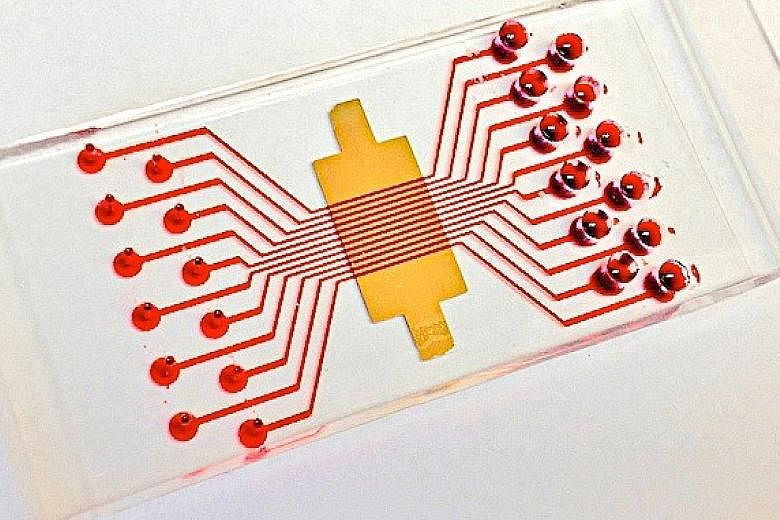Singaporeans are living longer than ever, and the country has recently topped the world in life expectancy at 84.8 years.
Longer life can bring opportunities and continual contributions to the community, but this depends on one important factor: health. According to a recent Health Ministry report, 10.6 of those years will be spent in illness.
Already a subscriber? Log in
Read the full story and more at $9.90/month
Get exclusive reports and insights with more than 500 subscriber-only articles every month
ST One Digital
$9.90/month
No contract
ST app access on 1 mobile device
Unlock these benefits
All subscriber-only content on ST app and straitstimes.com
Easy access any time via ST app on 1 mobile device
E-paper with 2-week archive so you won't miss out on content that matters to you









